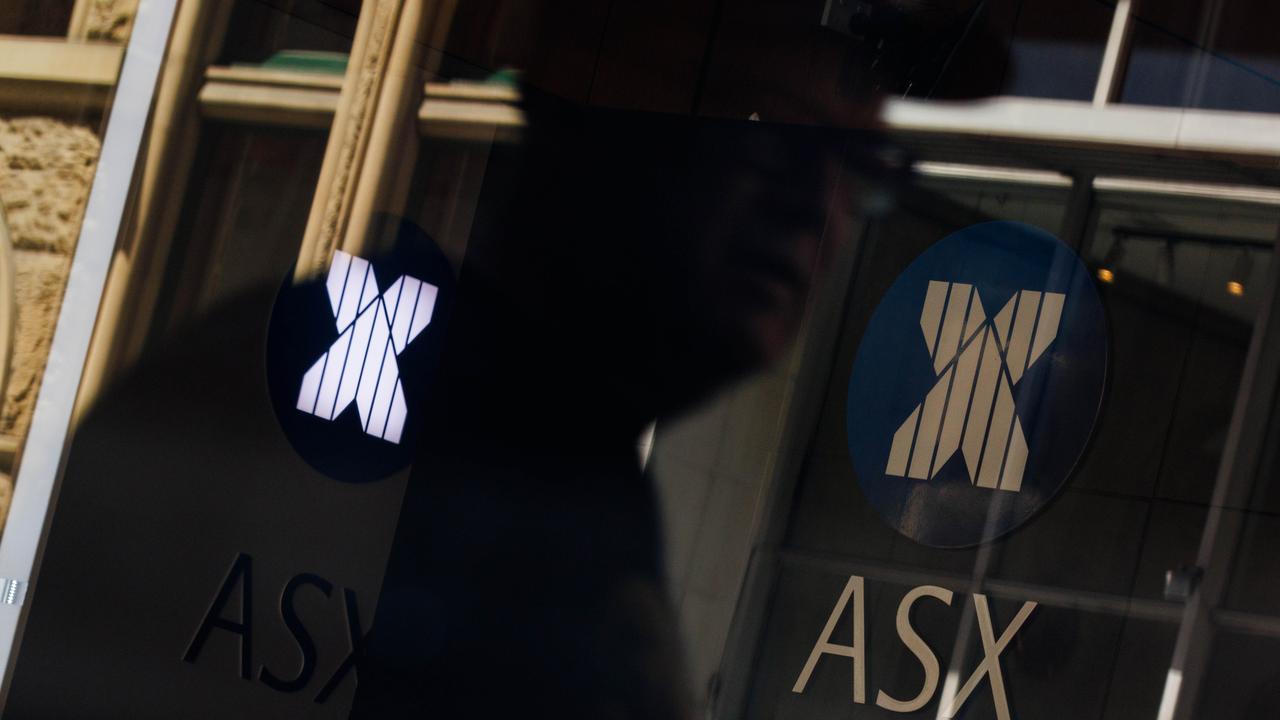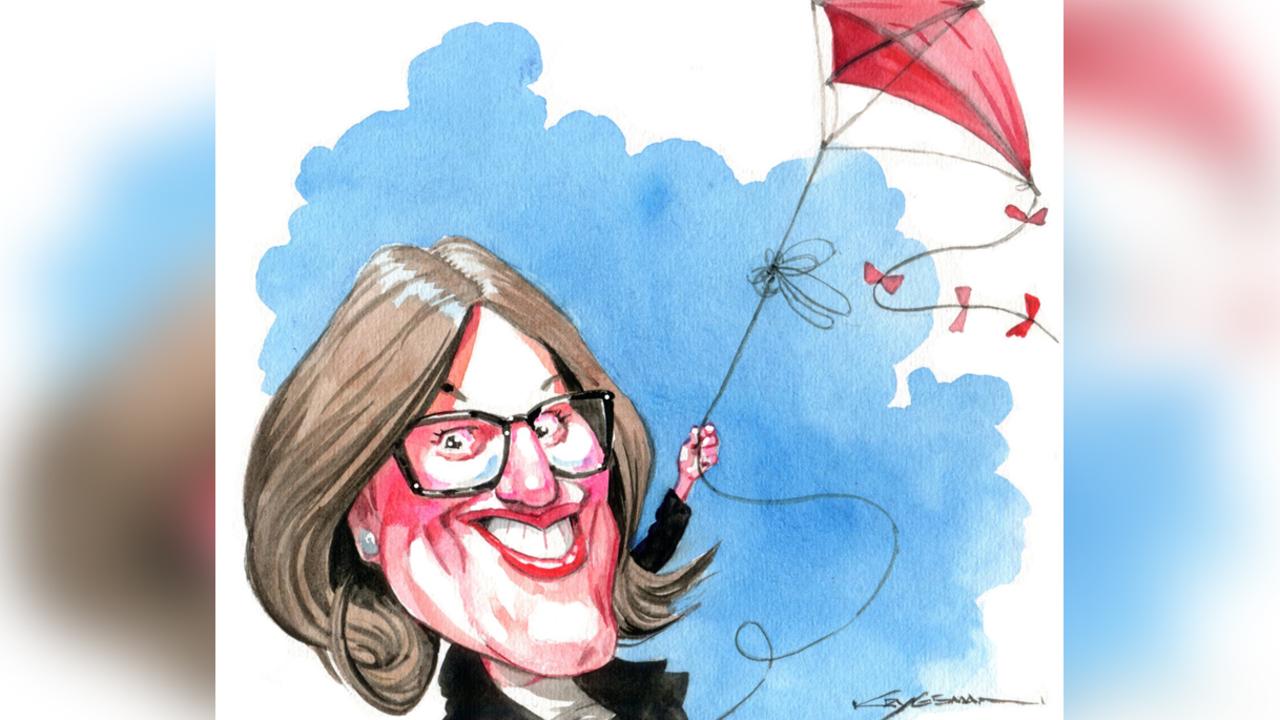BlackRock says markets are watching oil prices and whether the conflict spreads over borders
The world’s biggest investment manager fears the conflict in Israel could fuel inflation if the supply of oil is not guaranteed.

An escalation of fighting in the Middle East stemming from the conflict between Israel and Gaza could make it more challenging for inflation to return to normal levels if energy supplies cannot be safeguarded, BlackRock says.
The world’s biggest investment manager, with $US8.6 trillion ($13.6 trillion) in funds, says markets will be closely watching the price of oil and whether the conflict spills into neighbouring countries.
Brent futures rose by as much as 5 per cent following Hamas’s attack on Israel last weekend, and were trading nearly 3 per cent higher at $US86.50 a barrel on Friday, having risen 15 per cent since July 1.
Markets forecast that prices will trade between $US80 and $US100 a barrel for the rest of the year as the OPEC+ cartel keep production levels subdued in a move to keep prices and profits elevated.
Following Russia’s invasion of Ukraine last year, the price of crude surged to a record high of about $US130 a barrel within two weeks.
Speaking to The Weekend Australian, BlackRock’s iShares ETF and index investments specialist Tamara Stats said if the conflict resulted in higher prices, it would not just hurt consumer sentiment, but also make the fight against inflation harder.
“When oil prices go up, petrol prices will also go up and I think that will hurt the consumer and that will also play into inflationary expectations as well,” she said.
Ms Stats said the world had become more fragmented and as a result supply had become constrained, which could prolong higher interest rates and inflation.
“Those overall secular forces are affecting economies more broadly,” she said.

“The drivers of economy, supply and demand – supply seems to be the thing that economies are bumping up against all the time, whether it’s labour supply, energy supply, all of those concerns are what markets will be looking at.
“There are still opportunities, but you have to be far more specific, more granular, more nimble, because there obviously are pockets of opportunity.”
BlackRock has identified technology, and in particular artificial intelligence, as offering one of the best investment opportunities as it warns that investors need to brace for a new regime with a greater focus on macro and market volatility.
BlackRock has identified five mega forces that it forecasts will create shifts in profitability across economies and sectors: the shift to a low-carbon economy, demographic changes as the population gets older, the future of finance, rewiring of the supply chain; and artificial intelligence
Ms Stats said AI was on an upward trajectory, with the investment behemoth focused on hardware manufacturers that are direct beneficiaries.
“The next to drop will be the sectors that can capitalise on the AI technology itself. So who can extract the most productivity gains? And then it will be more like company-specific. So who’s best at that,” she said.
Ms Stats said the final investment opportunity in AI would be from companies that offered a product using the emerging technology that no one had thought about, such as what Uber did to the ridesharing sector.
“These are the stages of how we see something like a mega force such as AI permeating through the economy and society and humanity and providing investment opportunities as well,” Ms Stats said.

Meanwhile, BlackRock deputy head of Australasia Jason Collins told The Weekend Australian that BlackRock had seen increased demand for its exchange-traded funds since it had halved fees on a number of its iShares products, including the iShares Core S&P/ASX 200 ETF earlier this year.
“We found that the inhibitor to growth in the past was market structure. And the inhibitor, more recently, I think is price, which we’ve addressed,” he said.
“BlackRock found high fees were not servicing the industry well.”
“We’ve since noticed that our market share has gone up quite a bit in the last year. Our flow rate has increase to be above 20 per cent, where before it was much lower.”
Mr Collins said the growth had come against headwinds for ETFs, with higher savings rates making it more attractive for Australians to keep their money parked in the bank.
He said while the move to cut fees had hurt revenue, the move was aimed at grabbing more of the pie.



